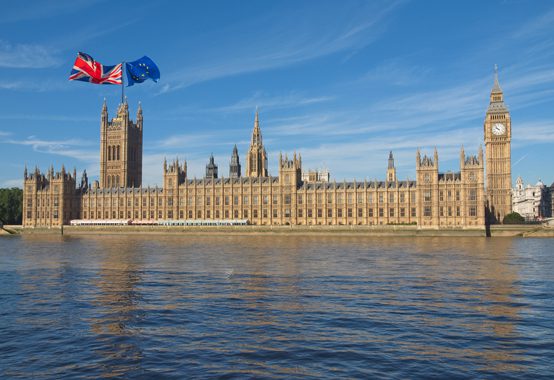‘Brexit’ and a Lesson in Coalition Politics

Anne Applebaum thinks she is scoring some points at the expense of Leave campaigners:
The leave campaign does not have a common vision and does not have a common plan because its members wouldn’t be able to agree on one.
This is not as interesting or surprising as Applebaum clearly thinks it is. It’s true that a temporary coalition organized to win a referendum doesn’t have a “common vision” beyond supporting an exit from the EU because many different kinds of people supported withdrawal. Labour voters from Wales presumably don’t agree with Boris Johnson about most things, but some of them did agree on this question for their own reasons. There were different groups with competing ideas for what a post-“Brexit” U.K. would look like and what it would do, and those ideas contradicted each other because people with different political views and priorities disagree with each other all the time. Agreeing on one issue, even a major one, doesn’t override or cancel out pre-existing political disagreements, and different factions are going to end up on the same side of a debate for all sorts of reasons.
One could make a similar “charge” against Remain campaigners and say that their coalition included separatists and unionists, conservatives and socialists, republicans and monarchists, and so on, but what would be the point? Broad national coalitions are, well, broad, and during referendums they are organized for the sole purpose of winning an election. In short, Applebaum is objecting that the Leave campaign did not unify disparate political factions around a common post-EU agenda in the space of a few months, and we’re supposed to think that this is discrediting. The problem with the “Brexit” coalition is supposed to be that it was too inclusive of opposing political views? This is all the more ridiculous when we remember that the point of the campaign was to argue for regaining increased control over decisions that affect the U.K. It was not a campaign that had to agree on any set agenda beforehand, and if it had done so it would have alienated some of the voters that propelled them to victory last week. No doubt some of the people that voted Leave will end up being disappointed with what a post-“Brexit” government does in the future (as most voters are always disappointed to some degree in the results of their votes), but that government will be accountable to them in a way that the EU was never going to be. That’s the part that Leave voters agreed about, and so naturally it is the part that receives as little mention in Applebaum’s column as possible.
Comments